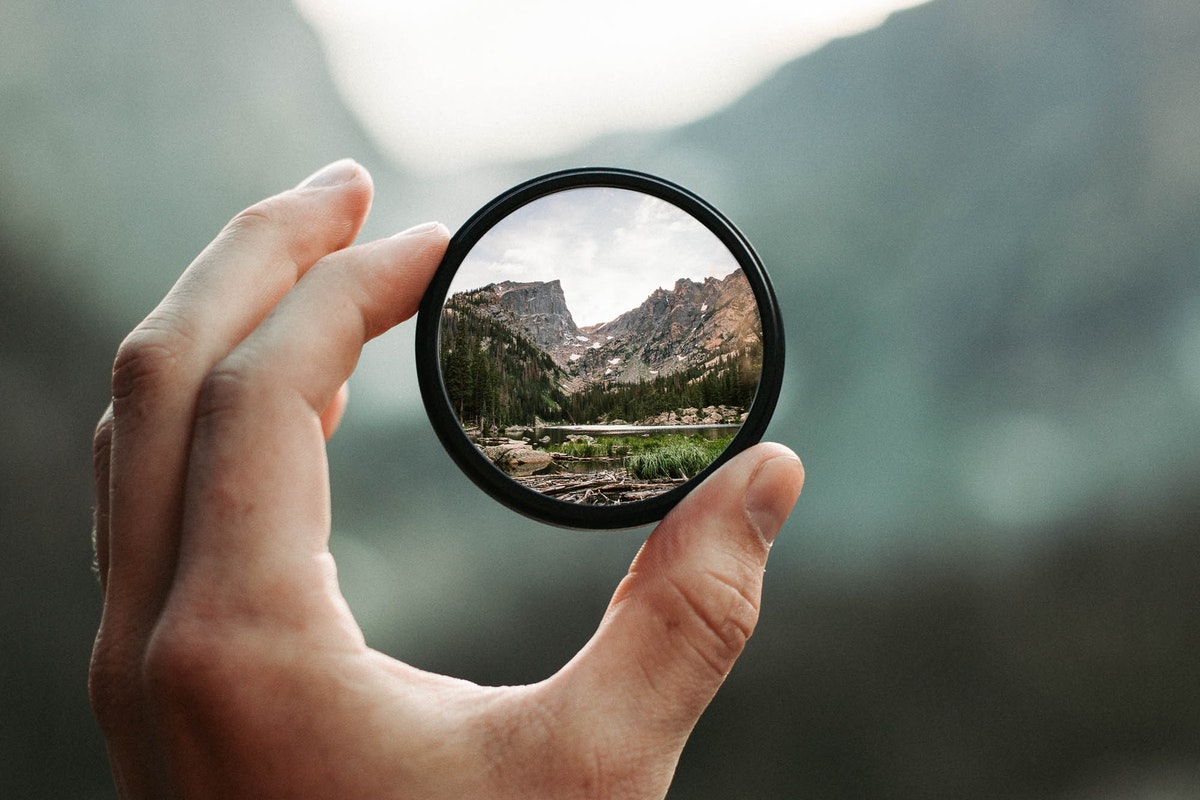Ever wondered, why do we call ourselves human beings and not homosapiens?
Sebastian Faulks is an accomplished British writer and reading his recent interview nudged my curiosity sufficiently. “Who we are” and “What we are”, are the two impertinent questions underlying the theme for most of his books, which he has endeavored to answer. Though I haven’t read any of his works, it prodded me to think of my own about it.
It is conclusively rested that we are homosapiens, who chose to evolve superior in the Darwinian selection to create our niche. But what followed next is of real interest to me, the journey that made us call human beings from homosapiens. In this context, “Who and what we are”, is largely shaped by and is in relation to our surroundings.
Over the eons, we have zealously outperformed ourselves repeatedly, from the cave hunters to multicultural civilizations, from the modest discovery of wheels to Elon Musk’s space vehicles, from settling at the river banks to carrying our legacy to the peak of Mt. Everest, from hieroglyphics to sensory detective communication. This is an astounding, fantastical and overwhelming inheritance of human journey which has been passed down and shall continue to with all its social, economical, cultural and artistic entourage. However, in essence of the two underlying questions, we are most visibly and evidently so much more than our marvellous legacy.
It bamboozles me utterly to think how in the natural selection of our evolution, did we chance upon the stupendously intriguing and intricate faculties of emotions and mind to work upon. There is a constant juxtaposition of feelings and intellect that we all experience. And against the backdrop of this emotional and logical battle it is particularly relevant to answer who we are? We are charlatans who play gimmicks of the mind and heart. And while trying to be tricksters, funnily, we so often get tricked by our own games not in the least realizing it.
Let’s consider a simple situation, say you had fallout in a relationship. All of us do. However, after that fallout, didn’t you expectantly wait for that one call which might make it right again? And all the while, while waiting didn’t you deceive yourself by repeating, “I don’t care a damn if he/she calls or not”. Well the fact is that you and I give the entire heck to hear that one beep of his message. This is exactly why I say we are charlatans. We aspire love and acknowledgement to the core but fear to admit it. And I haven’t researched but I believe that even the over-evolved humans like Einstein, Freud, Beethoven or Steve Jobs would have aspired as much love and respect as any common man does.
So who we are? We are simply creatures of love. We have established unflinching superiority as homosapiens but at the very crux of life we are no different than any other organism on this planet. A favourable environment of positivity and love affects every living organism in the same way be it homosapiens, animals or plants even water as famously claimed by the Japanese researcher Masaru Emoto. Having accepted that, shall I ask what are we? I think we are frightened love seekers. We seek what we lack. And the fact that we crave for so much love outside, implies we lack it so much within. But we are scared to accept this because it makes us feel incomplete and imperfect.
When we expand love from a personal perspective to the vast universal level, it is no longer limited to romantic or platonic love relationships. It can best be defined as an abstract feeling of goodness. The moment a fellow human’s act or gesture made you feel good, or yours did the same to him, it is an experience of love. And this definition holds perfectly true even on a personal basis. Love isn’t a reductionist potion of simmering egos or dependency. But yes at the current stage of our emotional evolution, it is an exchange of expectations. That’s how it works in the real world. Let’s not be unrealistic and think of it in a utopian spiritual scenario. As long as we can give and get love, I see it working well. The only test in this exchange is that, the moment it loses its airy, buoyant and vibrant stimuli and begins to strangulate, the expectations need a check. Readjustment is tricky but not out of question. After all, our mental faculties have developed intelligently enough to work it out if we wish so.
The irony or the anticlimax as I might say of our evolution is that we evolved and progressed incredulously for almost nothing at the end. From Neanderthals, to homosapiens, to human beings we wrote literature, poetry, songs, we created music, dance, drama, we invented gastronomy and technology. In our progressive giant leaps we have phenomenally indulged every sensory dimension of our existence. But when it really matters at the heart of being who we are, absolutely nothing of the above counts. What matters is the unspoken, untouched, intangible connect of love, which reaches another with the sheer blink of your eyes, sometimes even without that.






